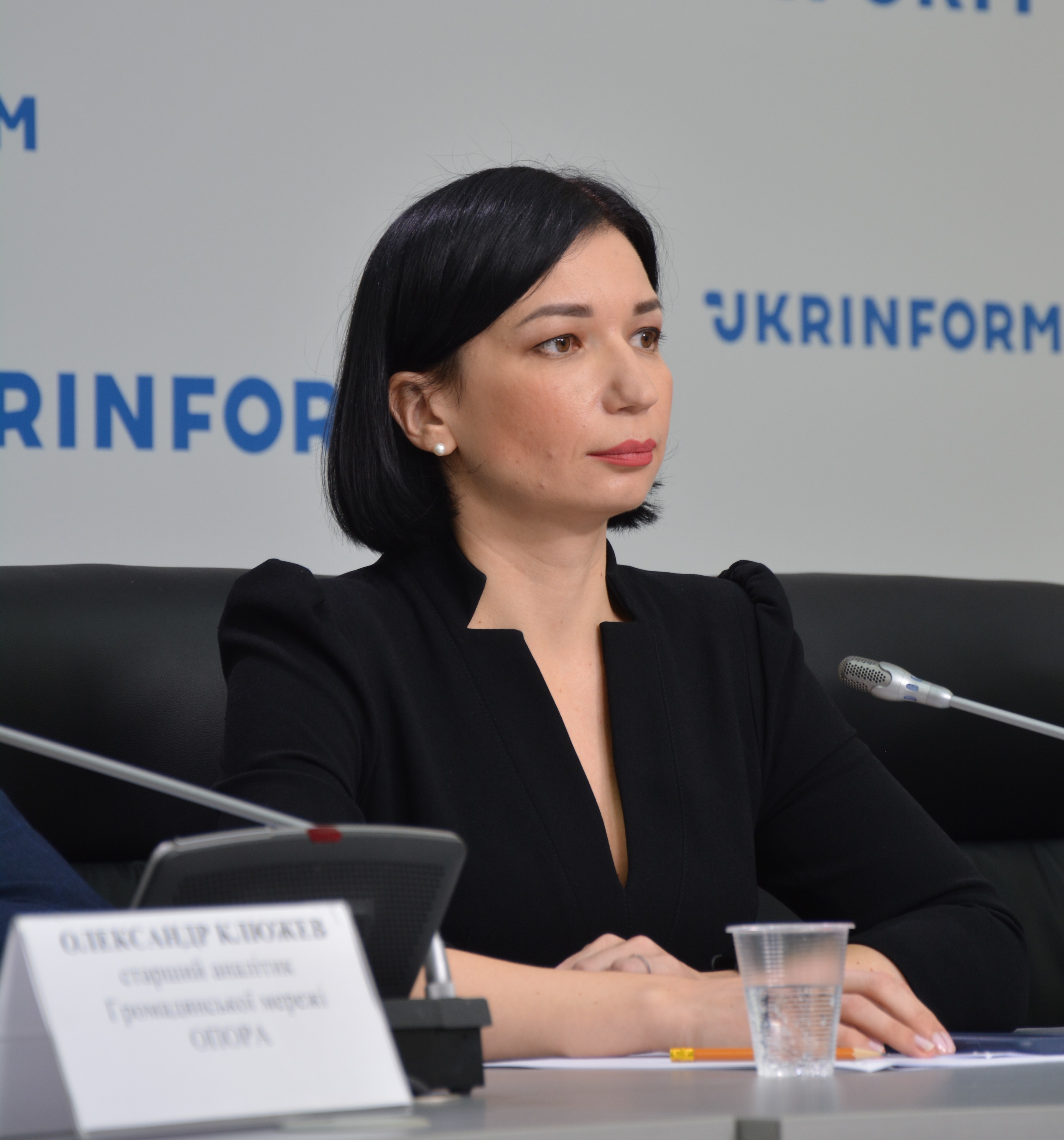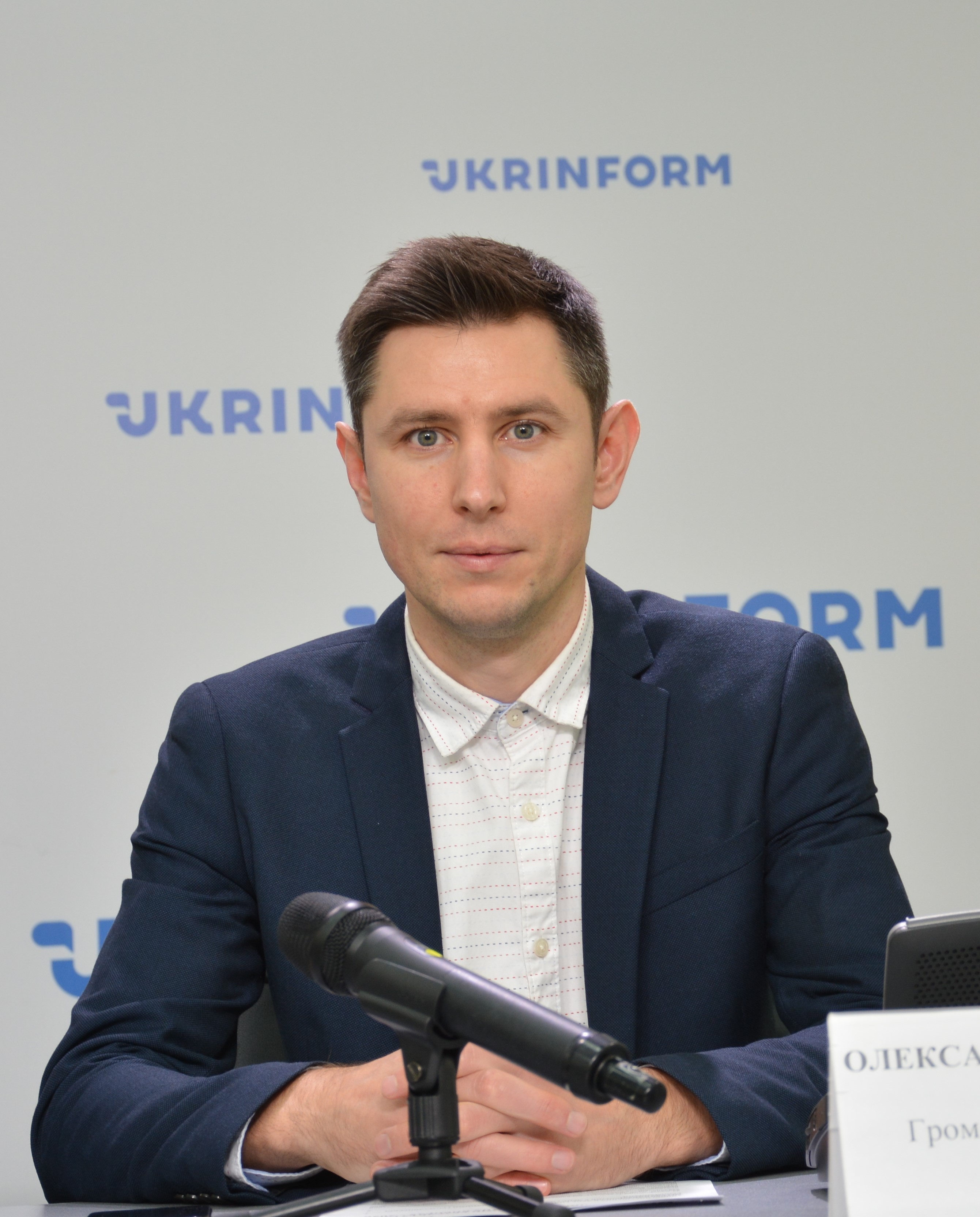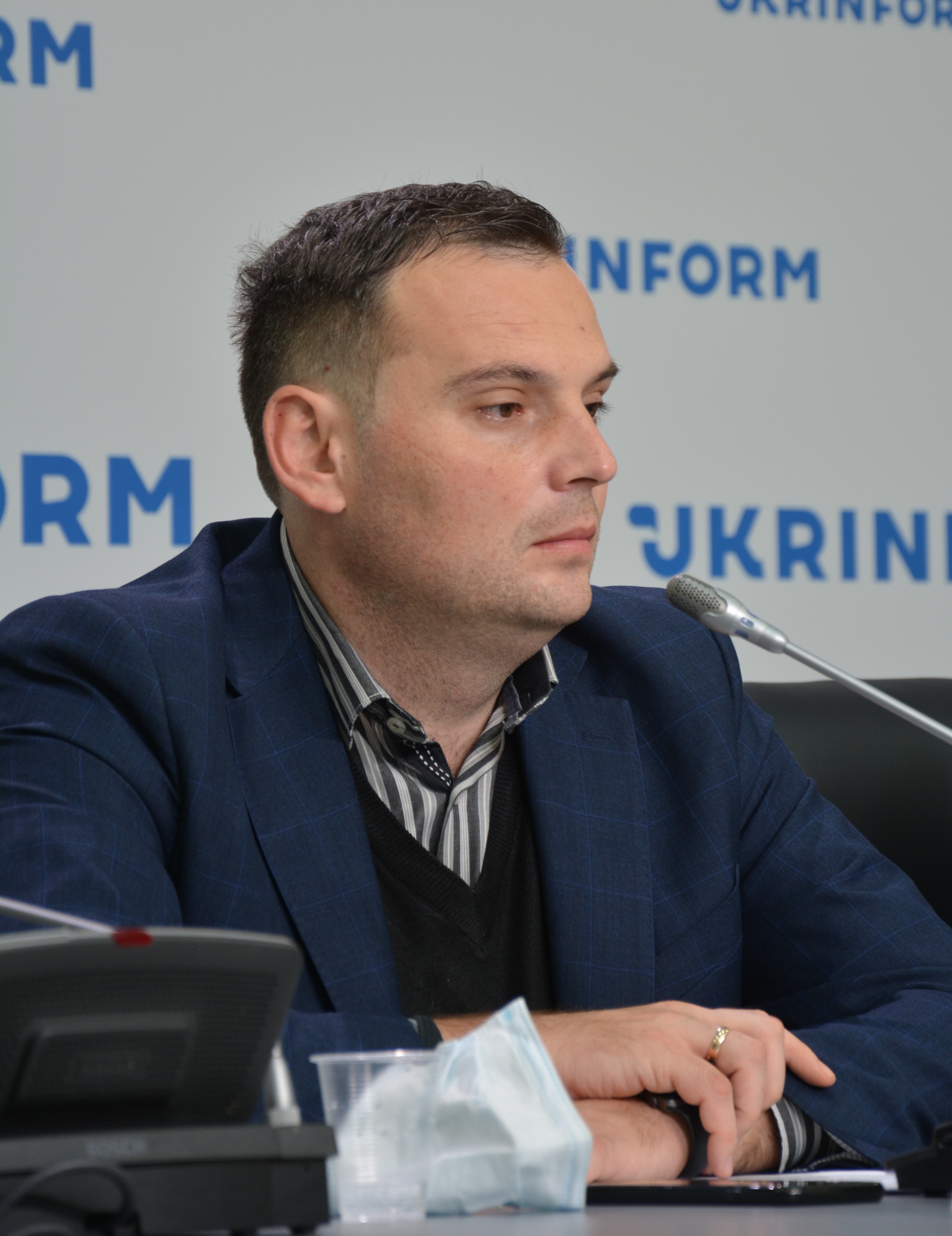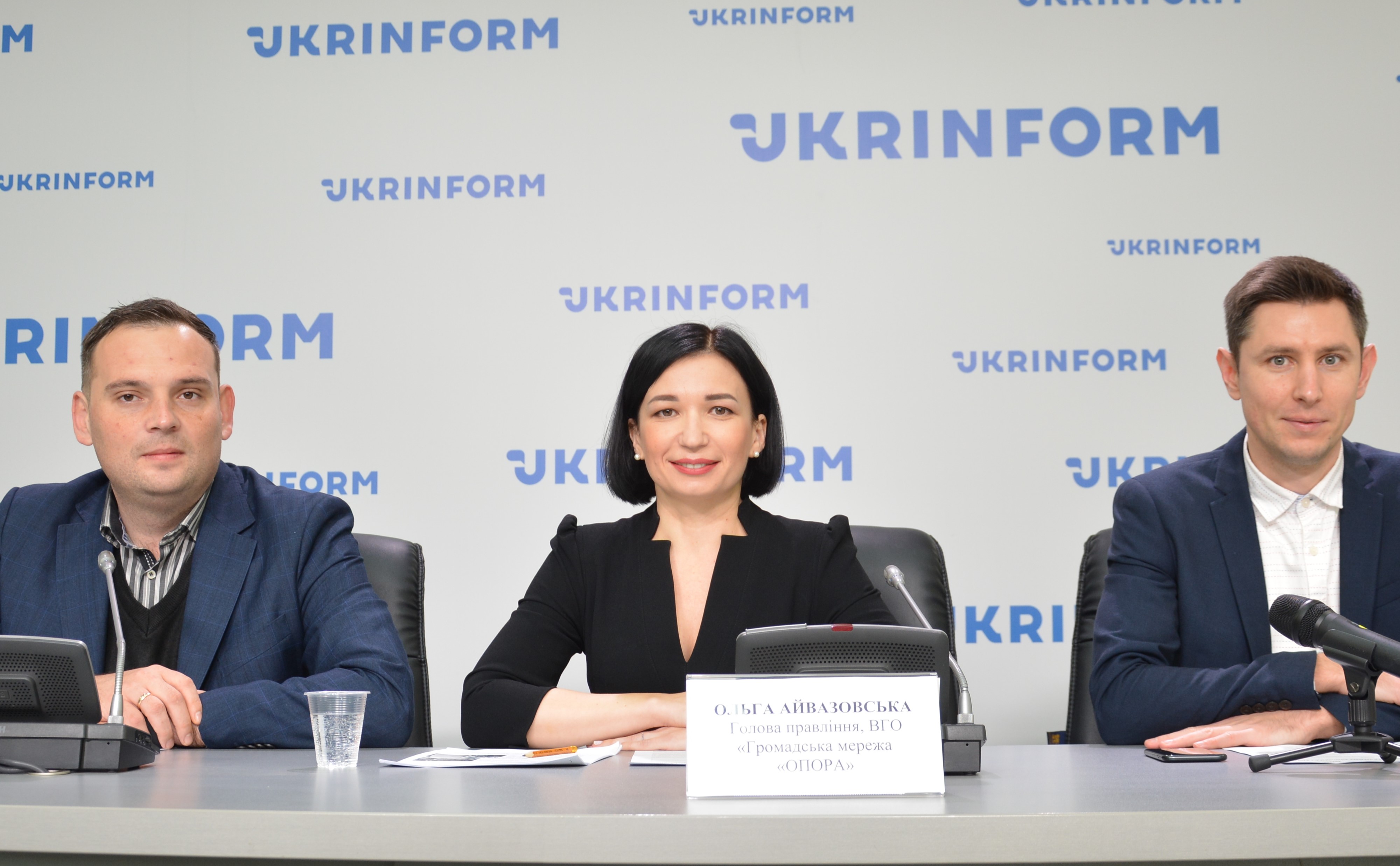According to preliminary observation findings on election day October, 25, OPORA hereby acknowledges a competitive and democratic nature of local elections in Ukraine. Any recorded irregularities could have a significant effect on voting results in certain territorial communities but they had different causes. They were administered by different electoral actors and did not have any centrally engineered schemes.
 “OPORA recorded rather massive irregularities in the procedures of election organization and campaigning, incidents with breaking the rules of campaigning and attempted voter bribery, abuse of administrative resources and distortion of the procedure for changing voting addresses. Some of these violations could have been avoided, such as procedural, provided the timely preparation of the government for the enforcement of the new Electoral Code, amendments introduced to the Criminal Code and the Code on Administrative Offense, and due awareness building for election commission members, representatives of political parties, and voters,’ – says Olga Aivazovska, chair of board at the Civil Network OPORA.
“OPORA recorded rather massive irregularities in the procedures of election organization and campaigning, incidents with breaking the rules of campaigning and attempted voter bribery, abuse of administrative resources and distortion of the procedure for changing voting addresses. Some of these violations could have been avoided, such as procedural, provided the timely preparation of the government for the enforcement of the new Electoral Code, amendments introduced to the Criminal Code and the Code on Administrative Offense, and due awareness building for election commission members, representatives of political parties, and voters,’ – says Olga Aivazovska, chair of board at the Civil Network OPORA.
With account for the low coordination and planning of the anti-epidemic measures during elections, the government failed to fully provide for security of citizens under crisis. According to OPORA, the COVID-19 containment measures were nonuniform in different regions of Ukraine. Typically, they did not have sufficient financial and material supply. Ukraine’s government shall conduct a detailed analysis of the election administration experience amidst the pandemic to highlight the lessons learnt.
"Unfortunately, the President of Ukraine Volodymyr Zelensky became an electoral actor, although he had to stay outside, – says Olga Aivazovska. – His intense engagement in the campaigning for the “Servant of the People” party had a negative effect on the promotion of the recognized democratic standards to distinguish between government and party interests, and to prevent any abuse of administrative resource on different levels.” OPORA hereby states that intense engagement of the President of Ukraine Volodymyr Zelensky in the campaigning for the “Servant of the People” party had a negative effect on the promotion of the recognized democratic standards to distinguish between government and party interests, and to prevent any abuse of administrative resource on different levels. Although the legal grounds and assessment for such activities of the Head of State are debatable, it is obvious that the government and its central authorities lost an opportunity to demonstrate new approaches to good practices in electoral standards on the level of politics. The organization similarly evaluates the initiative of the President of Ukraine to run an informal poll on October, 25, 2020, near the voting premises. The details of the organization, course, and funding of the poll may discredit the popular rule instruments in Ukraine and create grounds for socially dangerous tampering by many political actors.
OPORA hereby commends to the attention of law-enforcement authorities that there is a need to run a systemic investigation of facts of abuse in procedures of changing voting addresses that might affect voting results in certain territories. Efficient investigation of such cases is highly important to prevent any further organized abuse of progressive procedures implemented by the government to duly provide for voting rights of citizens. Effective investigations shall be completed also for cases of obstruction to lawful activities of candidates and of attacks on some of them recorded in different regions of Ukraine.
 “Most common violation was in attempts to illegally receive ballot papers by voters and to issue them by election commission members. The facts were recorded at about 10% of polling stations but they did not have a large scale,” explains Oleksandr Neberykut, an analyst at the Civil Network OPORA. At the 2015 regular local elections in Ukraine, this type of irregularity had a larger scale: it was recorded at 17.7% of polling stations. According to observers, at 0.29% of polling stations the irregularities were multiple.
“Most common violation was in attempts to illegally receive ballot papers by voters and to issue them by election commission members. The facts were recorded at about 10% of polling stations but they did not have a large scale,” explains Oleksandr Neberykut, an analyst at the Civil Network OPORA. At the 2015 regular local elections in Ukraine, this type of irregularity had a larger scale: it was recorded at 17.7% of polling stations. According to observers, at 0.29% of polling stations the irregularities were multiple.
Another common type of irregularity at polling stations were cases when voters voted outside the booths, or exhibited other unlawful conduct, when a voter disclosed their vote (for example, by showcasing the ballot papers). The incidents took place at 7.52% of polling stations. In this context, the situation has not changed since 2015, when this type of abuse was detected at 7.5% of polling stations. Attempted photos of ballot papers were recorded by observers at 1.6% of polling stations within Ukraine (in 2015, the number was 1.9%).
Compared to the recent local elections, the problem with tampering in ballot papers in the course of voting was smaller. Specifically, attempts of unlawful casting of ballot papers were identified at 0.64% of polling stations, whereas in 2015 the number was 1.5%.
“Although OPORA recorded numerous problematic incidents during the election day, 89.7% of polling stations (error 2.71%) did not show any irregularities to observers that might affect voting results, according to their estimates. On the other hand, the 9.4% of polling stations were reported by observers as such that showed minor irregularities, mostly procedural.” – informes Oleksandr Neberykut.
Generally, OPORA observers positively evaluated the course of preparatory meetings and the start of voting, only signaling about random procedural issues and organizational challenges in the operations of precinct election commissions (related to the printing of ballot papers and information posters, arrangement of polling stations and materials and technical issues).
Election commissions started their work on a regular basis, and civic observers have not recorded any critical issues with attendance of meetings or voting process organization in the context of epidemiological protection. As few as 1.4% of PECs failed to secure a quorum at the morning session. 7% of precinct election commissions failed to provide the minutes of the morning session to be taken. The majority of polling stations (79.9%) opened on time, in a pre-scheduled timespan. On the other hand, 19% of PECs started the voting before 8 a.m.
In the final hours of voting, according to observers, the work of election commissions was more organized and the number of typical irregularities and mistakes dropped, compared to the early hours. The voting concluded on a regular basis. As of 8 p.m., the 97.4% of polling stations did not have any waiting lines or crowds of voters inside PECs. By comparison, the long queues were recorded at 2.6% of polling stations.
 “Although local elections were competitive and democratic, large-scale irregularities were recorded in certain territories. However, they were not centralized on a national scale.” – states a senior analyst at the Civil Network OPORA Oleksandr Kliuzhev. – OPORA hereby commends to the attention of law-enforcement authorities that there is a need to run a systemic investigation of facts of abuse in procedures of changing voting addresses that might affect voting results in certain territories. Efficient investigation of such cases is highly important to prevent any further organized abuse of progressive procedures implemented by the government to duly provide for voting rights of citizens. Effective investigations shall be completed also for cases of obstruction to lawful activities of candidates and of attacks on some of them recorded in different regions of Ukraine.”
“Although local elections were competitive and democratic, large-scale irregularities were recorded in certain territories. However, they were not centralized on a national scale.” – states a senior analyst at the Civil Network OPORA Oleksandr Kliuzhev. – OPORA hereby commends to the attention of law-enforcement authorities that there is a need to run a systemic investigation of facts of abuse in procedures of changing voting addresses that might affect voting results in certain territories. Efficient investigation of such cases is highly important to prevent any further organized abuse of progressive procedures implemented by the government to duly provide for voting rights of citizens. Effective investigations shall be completed also for cases of obstruction to lawful activities of candidates and of attacks on some of them recorded in different regions of Ukraine.”
“On election day, October, 25, 2020, Civil Network OPORA was also running a parallel turnout count on the basis of a statistically representative sample of polling stations, within Ukraine, attended by the organization’s authorized observers. As of 8 p.m., according to OPORA, voter turnout on election day on a national scale was 35.94% (within 1.14%). At the 2015 local elections, the official voter turnout was 46.5%; in 2010 – 48.7%,” – states Oleksandr Kliuzhev.
